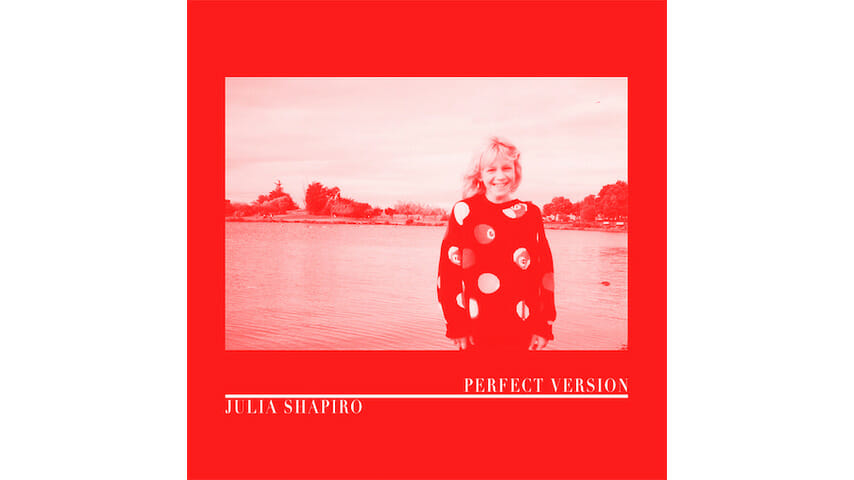Julia Shapiro: Perfect Version

Take a moment to picture a perfect version of yourself. Is it who your parents, friends, or the rest of society want you to be? Is it who you wish you were? Is it you in your current state (if so, jealous)?
-

-

-

-

-

-

-

-

-

-

-

-

-

-

-

-

-

-

-

-

-

-

-

-

-

-

-

-

-

-

-

-

-

-

-

-

-

-

-

-








































